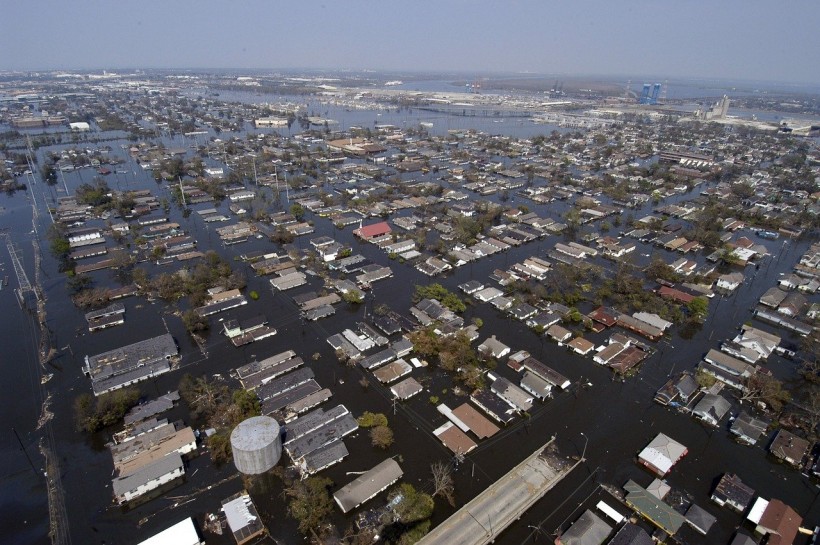There is no doubt that the water is coming, as scientists have increasingly documented for many years. Global warming has accelerated sea level rise along coastal areas, as shown in a new analysis by the research nonprofit Climate Control.
The analysis reveals a troubling dimension of the economic toll of climate change on the United States as hundreds of thousands of properties could slip below swelling tide lines in the next few decades. Climate Central estimates roughly 4.4 million acres of land will be below sea level by 2050 based on current carbon emission levels.
Sea Level Rise Puts Properties At Risk
The new analysis warns owners of coastal properties as the sea level could rise significantly. That is a staggering amount of lost land money because with the sea level rising, tide lines are also moving up elevation, upslope, and inland, senior adviser Don Bain of Climate Central, who led the study, told The Washington Post.
The team took scientific data on projected sea level rise and tidal boundaries and combined that with records on 50 million individual properties across hundreds of counties in the US to see which areas are at most risk.
They found that nearly 650,000 individual, privately-owned properties across 4.4 million acres of land are estimated to be submerged underwater by 2050 and could grow further to 9.1 million acres by 2100. The properties are approximately $108 million in total that could be affected by the end of the century, although they noted that it could be higher.
Changes in sea level could come gradually at first and then quickly in some communities, especially in clustered areas that are historically on safe ground. The number of affected properties sharply increases as the rising seas reach densely developed elevations.
"Your land is going to be taken from you by the rising seas," UPI quoted Bain. "Nobody's talking about that."
UPI reported that Hudson County in New Jersey has the highest estimated land value at risk, with more than $2.4 billion, wherein over 15% of the county's total acreage will be below the predicted water levels. This is followed by Galveston and Honolulu, which have $2.37 billion and $2.3 billion at risk, respectively.
The analysis also showed that the majority of 4.4 million acres are in four states: Louisiana, Florida, North Carolina, and Texas. Aside from the southern states, New Jersey, New York, and Maryland could have thousands of properties impacted by the rising sea levels.

Water is Coming: Nearly 4.4 Million Acres of Land Will Be Below Sea Level By 2050, Study Reveals
Huge Potential Ripple Effect
The loss of homes and other properties, especially in coastal areas, is a tragedy for owners and a surefire way to erode municipal governments' revenue. According to Futurism, Louisiana is the most vulnerable state based on Climate Central's models that showed over 25,000 properties could be completely submerged in 30 years.
The research addressed the amount of land lost and the potential ramification of that loss, specifically the property value. Affected land assets could have plenty of ripple effects as they can lead to lower tax revenues and reduced public services, such as a potential downward spiral of disinvestment and population decline, and so on.
Lower tax revenue means the local government will also have less money to invest in climate mitigation and lesser funds for schools and fire departments, roads, maintaining sewers and providing other essential services.
The analysis found that eroding tax bases are a big problem with complex legal and political ramifications that likely vary among locations. Those ramifications could extend well beyond the loss of tax revenue since land owners will refuse to pay taxes on submerged land.
RELATED ARTICLE: These Countries May Disappear Due to Rising Sea Level, Will Your Homeland Survive the Disaster By 2100?
Check out more news and information on Climate Change in Science Times.














